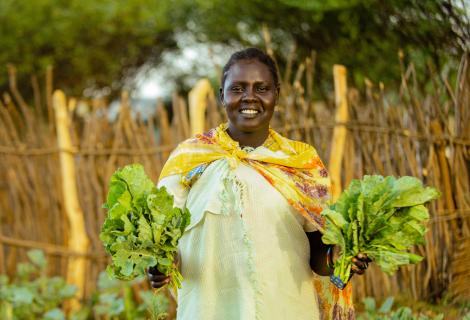
While agroecology is increasingly recognized in EU policy frameworks as a transformative approach to achieve sustainable, just and resilient food systems, the lack of clear, binding EU guidelines and direct financing channels risks incoherent and ineffective implementation. The paradigmatic shift towards Global Gateway risks further undermining core agroecological values such as local ownership, biodiversity preservation, co-creation of knowledge, and the development of circular, place-based rural economies.
A new study “Assessment of EU support to Agroecology in 5 African countries: Senegal, Burkina Faso, DRC, Uganda, Kenya” investigates EU’s support to agroecology and provides concrete recommendations to realise the transformational potential of EU’s development support to agroecological transitions of food systems.
Summary of Key Recommendations
- For EU Institutions: Establish the agroecology framework and the operational guide on mainstreaming to protect agroecology within the paradigmatic shift of Global Gateway. This should build on the HLPE 13 agroecological principles with clear enforceable criteria and mandate the use of the Agroecology Coalition finance assessment tool1.
- For EU Delegations: Open direct funding channels for local CSOs through national financing windows favouring grassroots CSO platforms while adapting implementing modalities and removing all barriers to their full participation.
- For EU & African Governments: Focus interventions on transformative elements of agroecology aiming at deeper system shifts in governance and market relations in EU value chain funding and introduce non-negotiable red lines such as the ban of agrotoxics exports.